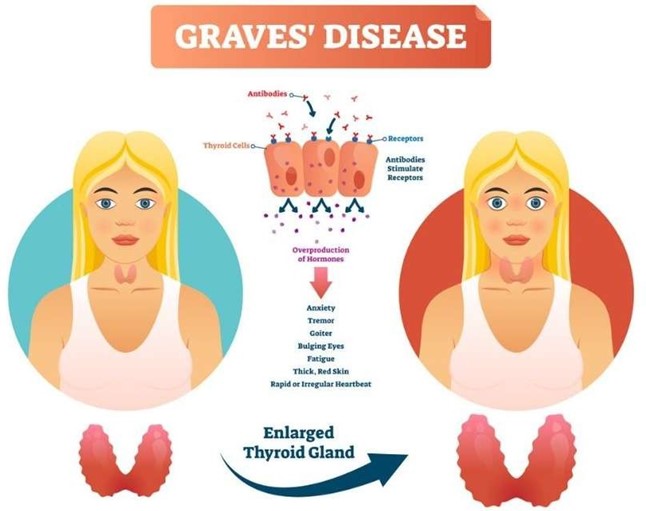A nurse is reviewing the laboratory results of a client who received a dose of sodium polystyrene sulfonate.
Which of the following findings should the nurse identify as an indication that the medication has been effective?
Potassium 4.6 mEq/L.
Calcium 8 mg/dL.
Magnesium.1 mEq/L.
Sodium 150 mEq/L.
The Correct Answer is A
Sodium polystyrene sulfonate is a medication used to treat high levels of potassium in the blood.
A potassium level of 4.6 mEq/L is within the normal range, indicating that the medication has been effective in reducing high levels of potassium in the blood.
Choice B is wrong because Calcium 8 mg/dL, is not the correct answer because it measures the level of calcium in the blood and is not specifically related to sodium polystyrene sulfonate therapy.
Choice C is wrong because Magnesium.1 mEq/L, is not the correct answer because it measures the level of magnesium in the blood and is not specifically related to sodium polystyrene sulfonate therapy.
Choice D is wrong because Sodium 150 mEq/L, is not the correct answer because it measures the level of sodium in the blood and is not specifically related to sodium polystyrene sulfonate therapy.
Nursing Test Bank
Naxlex Comprehensive Predictor Exams
Related Questions
Correct Answer is C
Explanation

Methimazole is a medication used to treat hyperthyroidism, a condition where the thyroid gland produces too much thyroid hormone.
Bradycardia, or a slow heart rate, can be a sign that the client’s thyroid hormone levels have become too low, indicating that the dose of methimazole may need to be decreased.
Choice A is wrong because Exophthalmos, is not an indication for a lower dose of methimazole as it is a symptom of Graves’ disease itself and not related to the medication.
Choice B is wrong because Diaphoresis, or excessive sweating, is also not an indication for a lower dose of methimazole as it can be a symptom of hyperthyroidism.
Choice D is wrong because Weight loss, is also not an indication for a lower dose of methimazole as it can be a symptom of hyperthyroidism.
Correct Answer is C
Explanation
Propranolol is a beta-blocker that is used to treat high blood pressure and other heart conditions.
Abrupt discontinuation of propranolol can result in a variety of adverse reactions, including tachycardia (increased heart rate).
Choice A is wrong because bradypnea (abnormally slow breathing) is not a known withdrawal symptom of propranolol.
Choice B is wrong because hyperkalemia (high potassium levels) is not a known withdrawal symptom of propranolol.
Choice D is wrong because rhinitis (inflammation of the nasal mucous membrane) is not a known withdrawal symptom of propranolol.
Whether you are a student looking to ace your exams or a practicing nurse seeking to enhance your expertise , our nursing education contents will empower you with the confidence and competence to make a difference in the lives of patients and become a respected leader in the healthcare field.
Visit Naxlex, invest in your future and unlock endless possibilities with our unparalleled nursing education contents today
Report Wrong Answer on the Current Question
Do you disagree with the answer? If yes, what is your expected answer? Explain.
Kindly be descriptive with the issue you are facing.
